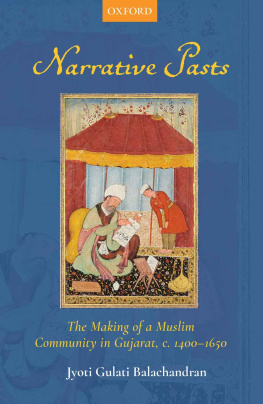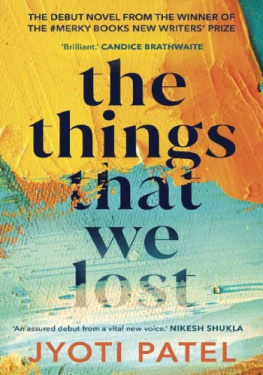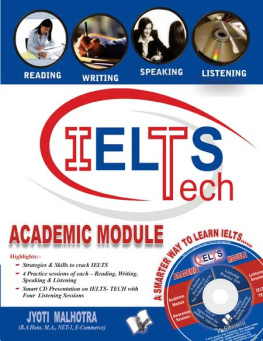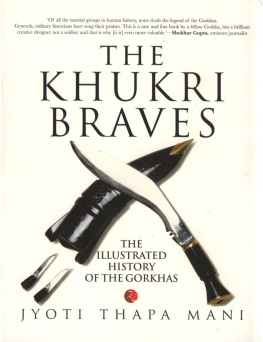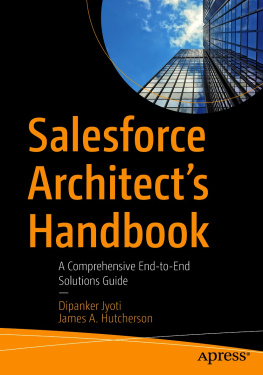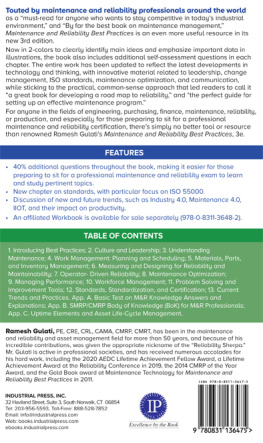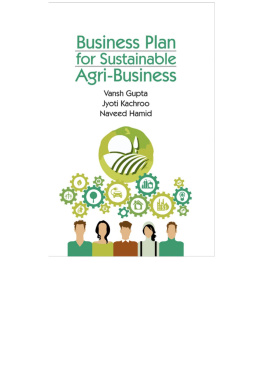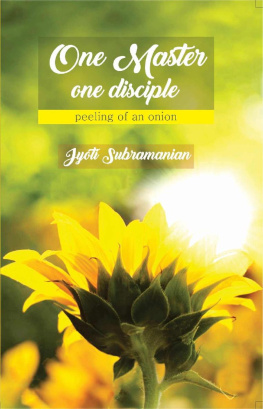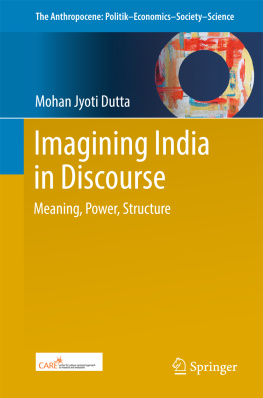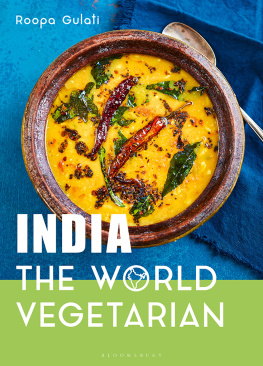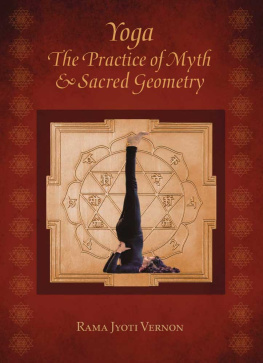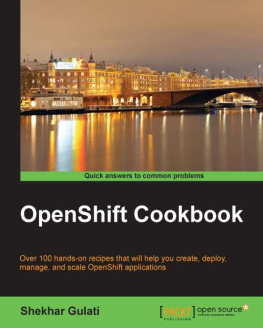Jyoti Gulati Balachandran - Narrative Pasts
Here you can read online Jyoti Gulati Balachandran - Narrative Pasts full text of the book (entire story) in english for free. Download pdf and epub, get meaning, cover and reviews about this ebook. year: 2020, publisher: OUP India, genre: Religion. Description of the work, (preface) as well as reviews are available. Best literature library LitArk.com created for fans of good reading and offers a wide selection of genres:
Romance novel
Science fiction
Adventure
Detective
Science
History
Home and family
Prose
Art
Politics
Computer
Non-fiction
Religion
Business
Children
Humor
Choose a favorite category and find really read worthwhile books. Enjoy immersion in the world of imagination, feel the emotions of the characters or learn something new for yourself, make an fascinating discovery.
- Book:Narrative Pasts
- Author:
- Publisher:OUP India
- Genre:
- Year:2020
- Rating:5 / 5
- Favourites:Add to favourites
- Your mark:
- 100
- 1
- 2
- 3
- 4
- 5
Narrative Pasts: summary, description and annotation
We offer to read an annotation, description, summary or preface (depends on what the author of the book "Narrative Pasts" wrote himself). If you haven't found the necessary information about the book — write in the comments, we will try to find it.
Narrative Pasts — read online for free the complete book (whole text) full work
Below is the text of the book, divided by pages. System saving the place of the last page read, allows you to conveniently read the book "Narrative Pasts" online for free, without having to search again every time where you left off. Put a bookmark, and you can go to the page where you finished reading at any time.
Font size:
Interval:
Bookmark:
Narrative Pasts
Narrative Pasts
The Making of a Muslim Community in Gujarat, c. 14001650
JYOTI GULATI BALACHANDRAN


Oxford University Press is a department of the University of Oxford.
It furthers the Universitys objective of excellence in research, scholarship,
and education by publishing worldwide. Oxford is a registered trademark of
Oxford University Press in the UK and in certain other countries.
Published in India by
Oxford University Press
22 Workspace, 2nd Floor, 1/22 Asaf Ali Road, New Delhi 110002, India
Oxford University Press 2020
The moral rights of the author have been asserted.
First Edition published in 2020
All rights reserved. No part of this publication may be reproduced, stored in
a retrieval system, or transmitted, in any form or by any means, without the
prior permission in writing of Oxford University Press, or as expressly permitted
by law, by licence, or under terms agreed with the appropriate reprographics
rights organization. Enquiries concerning reproduction outside the scope of the
above should be sent to the Rights Department, Oxford University Press, at the
address above.
You must not circulate this work in any other form
and you must impose this same condition on any acquirer.
ISBN-13 (print edition): 978-0-19-012399-4
ISBN-10 (print edition): 0-19-012399-0
ISBN-13 (eBook): 978-0-19-099196-8
ISBN-10 (eBook): 0-19-099196-8
Typeset in ScalaPro 10/13
by The Graphics Solution, New Delhi 110 092
Printed in India by Rakmo Press, New Delhi 110 020
For
Gopal
abb wa ayt
Contents
The foundations of this book were laid at the University of California, Los Angeles, where Sanjay Subrahmanyam and Nile Green guided the research and writing of my Ph.D. dissertation. Several years later, the project has evolved in several different ways, particularly in the broadening of its main arguments, and has incurred the debt of many individuals whose love, support, and intellectual engagement sustained the writing of several drafts before the book could take its present form.
Sunil Kumar has been a phenomenal mentor and friend who has witnessed and guided the course the ideas in this book have taken as they stalled and developed over the last several years. He was crucial in shaping my historical thinking as a young scholar at the University of Delhi and trained me to read historical texts with rigor and imagination. As I worked on this book, Sunil was extremely generous with his timehe read multiple drafts of my chapters, entertained my long calls to discuss big and small ideas, and often provided written feedback on my writing. I am grateful to Sunil for his questions and insightsthis book would not be the same without them. Beyond the enriching intellectual company and Sunils unwavering faith in my scholarly capabilities, I am thankful to him for his continuing friendship, for always being there to support me in the highs and lows of my life.
Ive been very fortunate to be associated with two amazing history departments that have nurtured my professional and personal growth over the last seven years. At Colgate University, Heather Roller and Andy Rotter helped me navigate the world of a junior scholar right out of graduate school through their remarkable mentorship and friendship. Several of my colleagues at Colgate offered advice on the presentation of key ideas of the book in conversations and through their feedback on the book proposal/parts of the manuscript, and I would like to thank Dan Bouk, David Robinson, Heather Roller, and Andy Rotter in particular. I am also thankful to Padma Kaimal, Noor Khan, and Kira Stevens for their support, encouragement, and friendship. At Penn State University, David Atwill has been an extraordinary mentor. I cannot thank him enough for his kindness, generosity, advice, and encouragement on all matters small and big, and for always taking the time to engage with my writing enthusiastically and posing insightful questions. I have also benefitted from the guidance of Jacob Lee, Kathlene Baldanza, Michael Kulikowski, Kate Merkel-Hess, and Christina Snyder, especially with regard to treading the path to publication with an academic press. Having writing sessions with Jacob kept my revisions on a steady pace and having weekly running sessions with Lori Ginzburg and Nina Safran was a great way to keep my head clear! I am thankful to all my other colleagues who have taken keen interest in my progress and made my transition to a research university truly exciting. Sanjay Subrahmanyam and Nile Green have continued to offer prompt advice and guidance whenever I felt stuck.
This book has benefitted immensely by the comments of several individuals who read the manuscript or parts of it at various stages of its preparation over the last year. I am grateful to Manan Ahmed, David Atwill, Gopal Balachandran, John Hooker, Sunil Kumar, Pankaj Jha, Teren Sevea, Samira Sheikh, Uthara Suvrathan, and Chitralekha Zutshi for their careful reading, questions, and suggestions. Special thanks to Pankaj and Sunil for their perceptive comments on the final version despite significant time constraints. I am also grateful to the two anonymous reviewers of the manuscript for their meticulous reading and timely reports. Their comments and critiques helped me sharpen my arguments and clarify several points in the book. Any shortcomings in this book are mine alone.
The research for this monograph would have been impossible without the kindness and generosity of several people in Gujarat. Professor Bombaywala at the Pir Mohammad Shah Dargah Library, Ahmedabad, was always eager to listen and help me locate books and manuscripts relevant for my research. Bhavna Ramrakhiani guided me during my trips to Ahmedabad, accompanied me to Sarkhej on more than one occasion, and introduced me to several people who enthusiastically shared their knowledge of Gujarats past and present with me. Bhavna welcomed me into her home and shared her passion for involving local communities in the preservation of historical sites in and around Ahmedabad; her active participation in the recent transformation of the Sarkhej complex gave me important perspectives on the evolving significance of the fifteenth-century site for this book. Shahid Kalimis enthusiastic conversations on Gujarats history at his home and bookstore often led me to old and new publications in Urdu, Persian, Gujarati, and English, many of which are otherwise not easily accessible in libraries or out of print. Shahids active involvement in the local publishing business further exposed me to the nature of textual production around Sufis in modern-day Gujarat.
I am extremely grateful to Sayyid Muhammad Zakir for opening his personal library to me and for entertaining my very young family at his home in Mangrol in 2012. Muhammad Zakir went out of his way by not only making a well-bound copy of a manuscript from his personal collection but also driving all the way from Mangrol to Junagarh to personally hand it to me. His relatives in Ahmedabad were equally hospitable and accompanied me to their ancestors tombs in and around Vatwa.
Many of the ideas in this book were presented in different professional settings, including the AIIS (American Institute of Indian Studies) dissertation-to-book workshop in Madison, Colgate University Social Sciences Luncheon, Delhi University History Department Seminar Series, Near Eastern Studies Colloquium Series at Cornell University, and the annual meetings of the American Historical Association and South Asian Conference, Madison-Wisconsin. I am grateful to the audiences at these professional platforms and fellow panelists for their questions and comments that helped develop the main threads of several of the chapters. I would like to especially thank Susan Wadley for organizing the dissertation-to-book workshop and Geraldine Forbes for her encouragement and advice on how to approach the publication process. Geraldine also offered feedback on the early drafts of my book proposal.
Next pageFont size:
Interval:
Bookmark:
Similar books «Narrative Pasts»
Look at similar books to Narrative Pasts. We have selected literature similar in name and meaning in the hope of providing readers with more options to find new, interesting, not yet read works.
Discussion, reviews of the book Narrative Pasts and just readers' own opinions. Leave your comments, write what you think about the work, its meaning or the main characters. Specify what exactly you liked and what you didn't like, and why you think so.

